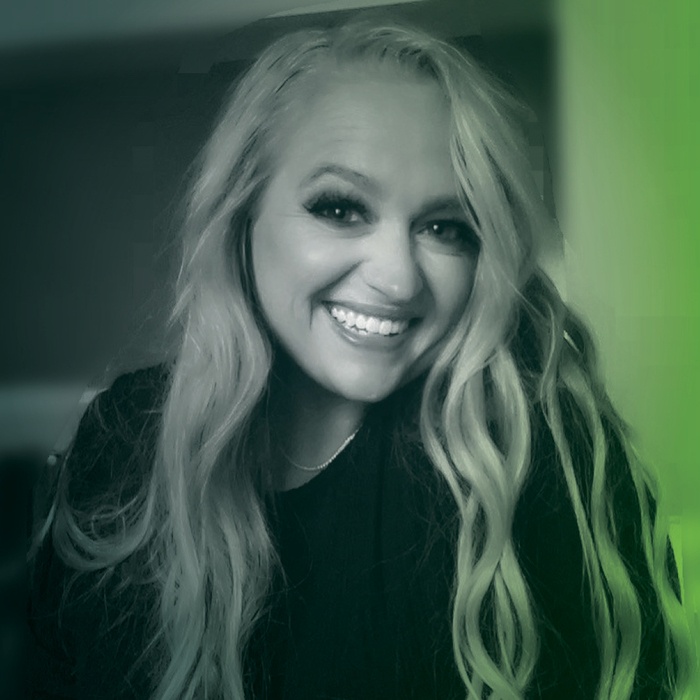
What is your position with Ellipsis?
I’m a caseworker in our neurodevelopmental and comorbid conditions (NACC) program.
How long have you worked here?
I’ve worked at Ellipsis for three years.
Have you had any other roles/jobs during your tenure with Ellipsis?
I was a youth care worker for about two years before taking the caseworker position.
What drew you to work at Ellipsis?
Originally, I started out working at Ellipsis to finish my internship for college. I graduated college during the pandemic, so I was unable to finish my adult probation internship. I was nervous working with children as I was coming from working with adults. But since working at Ellipsis, I would not change a thing! I enjoy working with the youth and helping them grow and learn more about themselves.
Can you recall a moment (during your career with Ellipsis) when you felt like you were in exactly the right place, doing exactly what you should be doing? What was that like?
We had a young man recently turn 18, so that means the youth would be discharged from Ellipsis. He graduated early and set goals for his future after transitioning out of Ellipsis’ care. During his time here, this teen made such a huge impact on the staff and his peers. Previous staff, current staff and friends all showed up to congratulate him and send him off with cheering and wishing him well.
Being a consistent person in the lives of youth, someone they can count on, that’s a huge role we staff members take on. We show the kids that they can turn to us in any time of need or any time of celebration. Watching this young man — and all of our youth — grow into fine young adults pulls at the heartstrings a little extra some days.
What are some of the more challenging aspects of this job?
This job can be very rewarding, but some days are a little harder on one’s mental health than others. Some days you are being pulled in many different directions, and some days you get to work on your bond with the youth a little extra. Making sure you take time for yourself is very important. If you are not at your best, how can you be the best for the youth? Always take care of your mental health and physical health, so you can be the healthiest for them and show them the importance of self-care.
What are some of the rewarding aspects of the job?
Watching youth learn and grow! Unfortunately, some kids and teens are here for a year or so at a time. But in that time, you get to see them learn more about themselves, watch them learn new skills, and watch them tackle their traumas and mental health struggles. Conquering their struggles is no easy task. We see a lot of youth from a lot of different backgrounds and situations. Watching them all come together to build friendships can help them learn and grow, too.
Why is it important to have residential programs in communities and qualified people working in them?
Residential programs are not just programs; they are homes for so many youths. It is not just a “placement” for some kids. It is a safe space, a place that provides food and a warm bed. If you are willing to learn, willing to help those who need a dependable person and willing to grow as an employee, then this career will do wonders for a person.
It is important to be qualified and understanding because we come across a lot of different factors that affect the lives of the youth we work with. Being an individualized program helps you learn what works best for each youth and what works to set them up to be most successful.
What is a misconception people may have about mental health treatment? How do you dispel that?
A common misconception about mental health treatment is that once kids are in the “system,” they will never work their way out. In my three years here, I have witnessed many success stories. Mental health is often dismissed as negative behaviors from someone who may not be seen as worth helping. In reality, people with mental health struggles and our youth just want someone to care and put the effort in. They want to be a healthy and positive person to be around. Kids play off the behaviors and attitudes you put them around. It’s important to be a light in the darkness!
If there’s anything else you’d like to add about your role, please feel free to do so!
Some of my brightest days start with the kids yelling “good morning” to me as I walk in the door. When they acknowledge little things about me or thank me, I just know then that I have made some sort of difference in their lives.
